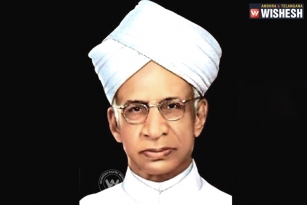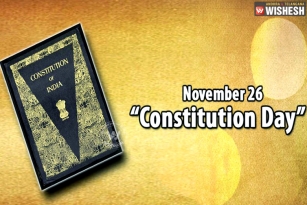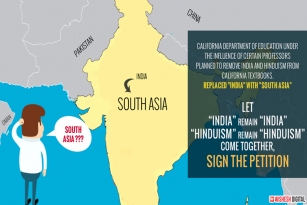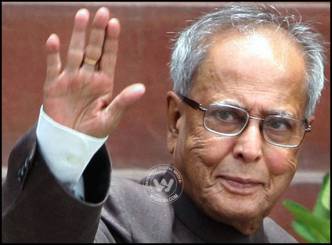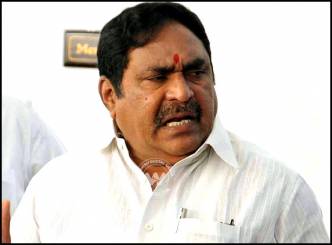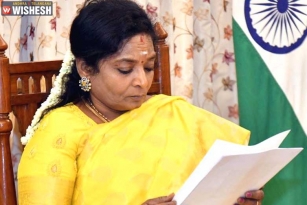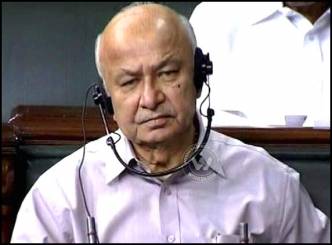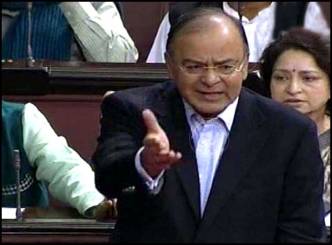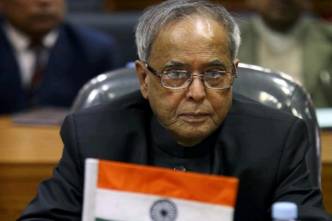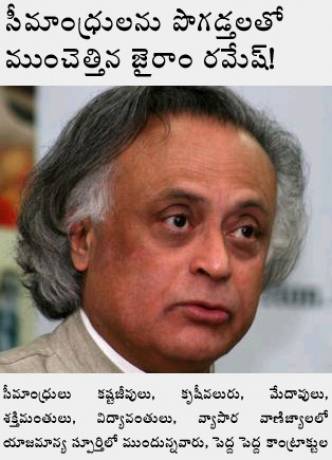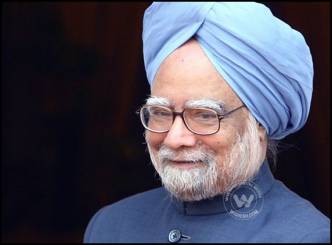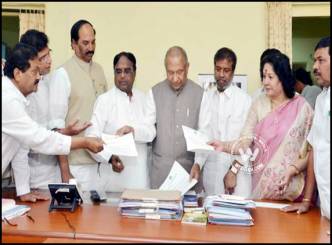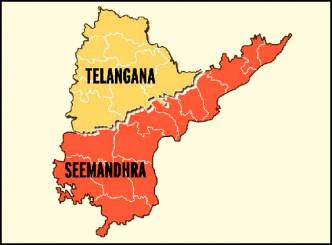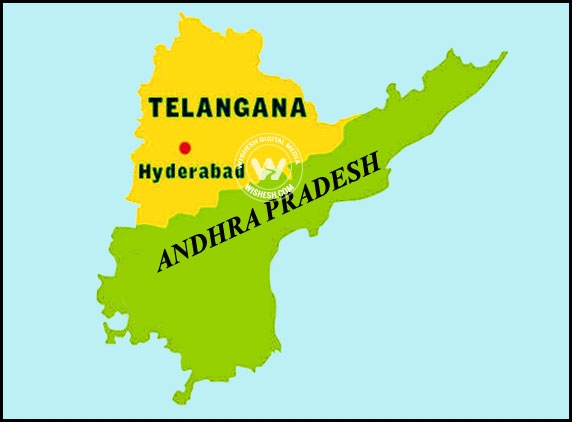
As per the Telangana Note approved by the Cabinet on Thursday the following points will be focused upon in forming the Telangana Bill to make it an Act.
1. Name of the New State will be "Telangana". The region was called Telangana before Andhra Pradesh was formed. It was in the State of Hyderabad at that time. Remaining part of the State after the Telangana State is carved out can be continued to be called "Andhra Pradesh".
2. Telangana State will form with the proposed 10 districts.
3. Hyderabad will host the activities of the administration of both the States after division as a common capital. But the new capital should be developed in the stipulated time by the State of Andhra Pradesh after carving out Telangana from it.
4. As per the Constitution a Governor is need for every State. But a Governor can also work for two states. As per the rule, a Governor may work for both of the divided states or two Governors may be appointed as per the situation demands.
5. Division of the Assembly and Rajyasabha members will be done as detailed in a separate annexure as following:
Rajyasabha: For the time being Rajyasabha is having 18 Memebrs. Telangan will have seven and Anhdra will have 11 seats.
Loksabha: AP has got 42 constituencies at present. Telangana will have 17 and Andhra will have 25 after division.
Assembly: Constitution of India says that a state should have a minimum of 60 members and a maximum of 500 members for a State Assembly elected by the voters. At present the assembly constituencies are 295 in number. Out of them 119 will be in Telangana and 175 in Andhra.
These numbers may be continued after division also.
Legislative Council: At present there are 90 Members of Legislative Council (MLCs) in Andhra Pradesh. Whether it is to be continued or not will left to the discretion of the newly formed Telangana State. The number can be decided by the other State than Telangana.
Tenure of Assembly: As per the article 172(1), if any State Assembly is not dissolved before the time by any reason, it can continue for a period of 5 years more. AP Assembly tenure completes on 2nd June, 2014.
Speaker and Deputy Speakers: The present Speaker and Deputy Speaker of AP may continue for the remaining part of the Andhra Pradesh after Telangana is carved out.
SC ST reservations in Telangana and other regions will continue till further delimitation announced.
High court: At present High Court is at Hyderabad and it has no benches anywhere else in AP. As such the High Court will continue till two separate high courts are set up. Until then, the two states will be under the present high court’s jurisdiction.
Consolidated Fund: Until Telangana Assemble forms and approves, the consolidated funds utilization will be approved the Governor as the tradition going on. After the new state formed the new Governor also will have same powers. The account before the division of the State will be submitted by CAG to both the States.
Assets and Liabilities: The Bill of Bifuracation of the State will have the details of the partition of the Assets and Liabilities of the State of AP till bifurcation. The partition process consider assets, liabilities, lands, articles, Treasury and Bank balances, Tax recoverable, the rights to recover loans and advances, investments, balances in current accounts, assets and liabilities of Government undertakings, Government loans and loans for which stood sureties, additional tax collected that are to be refundable, deposits, PF, pension, contracts etc. All these things will be settled by the two states after discussions and mutual agreements. If they fail in it, the Center will solve it on CAG’s recommendations.
Developmental funds: The center will reveal how much it will fund the State of Telangana for its development. The State after carving out the state of Telangana from it will have to build its own capital. Keeping that in mind the Center will provide funds details of which will be in the Bill.
Corporations: Until alternative arrangements are made, Corporations and Cooperative banks will continue functions as they do now. National Law Tribunal’s permission should be obtained for the division of registered companies of the Government
All India Services: Separate cadres will be created for two states for IAS, IPS and ISF. Their number will be in accordance to the All India Services Act 1951. Until the first appointments are made the present cadre will serve both the States. Even in other services also the same procedure will be followed.
Public Service Commission: Until the two States will form their own Public Service Commission as per article No.315 of the Indian Constitution, the present public service commission will serve both the states.
Water Sharing: As far as the water sharing of the interstate river waters is concerned, the present state will continue as it is. In order to safe guard the rights of the water consumption special rules will be framed in the Bill. In addition to ensuring the rights or the water consumption, the conditions in the agreements of the present Andhra Pradesh State with other states regarding the water sharing will be complied with by the two states. The Center will have the power to give directions regarding the interstate water distribution. The Bill will also have the details of the Water Management Board along with the declaration of the Polavaram Project as a National project.
Power Distribution: The power distribution and the assets related to it will be distributed by the two states. If the states do not come in to an agreement in it, then the Center will decide on it and include that in the Bill.
Article 371d: Article 371d is added to the Constitution of India for the State of Andhra Pradesh. After the formation of the Telangana State, those rules framed in it may be amended or deleted as per the GoM’s recommendations.
-SriJa








